I'm trying to use the webpack-dev-server proxy configuration to send api requests to an external domain and I can't seem to get it working.
Here's my config:
var path = require('path')
module.exports = {
entry: './client/index.js',
output: {
filename: 'bundle.js',
path: path.resolve(__dirname, 'public/assets'),
publicPath: 'assets'
},
devServer: {
contentBase: 'public',
proxy:{
'/api/v1*': {
target: 'http://laravelandwebpack.demo/',
secure: false
}
}
}
}
So, anytime my app makes a request with the uri /api/v1... it should send that request to http://laravelandwebpack.demo.
In my Vue app, I'm using the vue-resource to make the requests and I'm defaulting all requests with the needed uri prefix:
var Vue = require('vue')
Vue.use(require('vue-resource'))
new Vue({
el: 'body',
http: {
root: '/api/v1', // prefix all requests with this
headers:{
test: 'testheader'
}
},
ready: function (){
this.$http({
url: 'tasks',
method: 'GET'
}).then(function (response){
console.log(response);
}, function (response){
console.error(response);
})
}
})
The URL's are being constructed correctly, but they're still pointing to localhost:8080 which is the webpack-dev-server:
I read and re-read the docs for webpack-dev-server and I can't figure out where I have it set up wrong. Any ideas?
